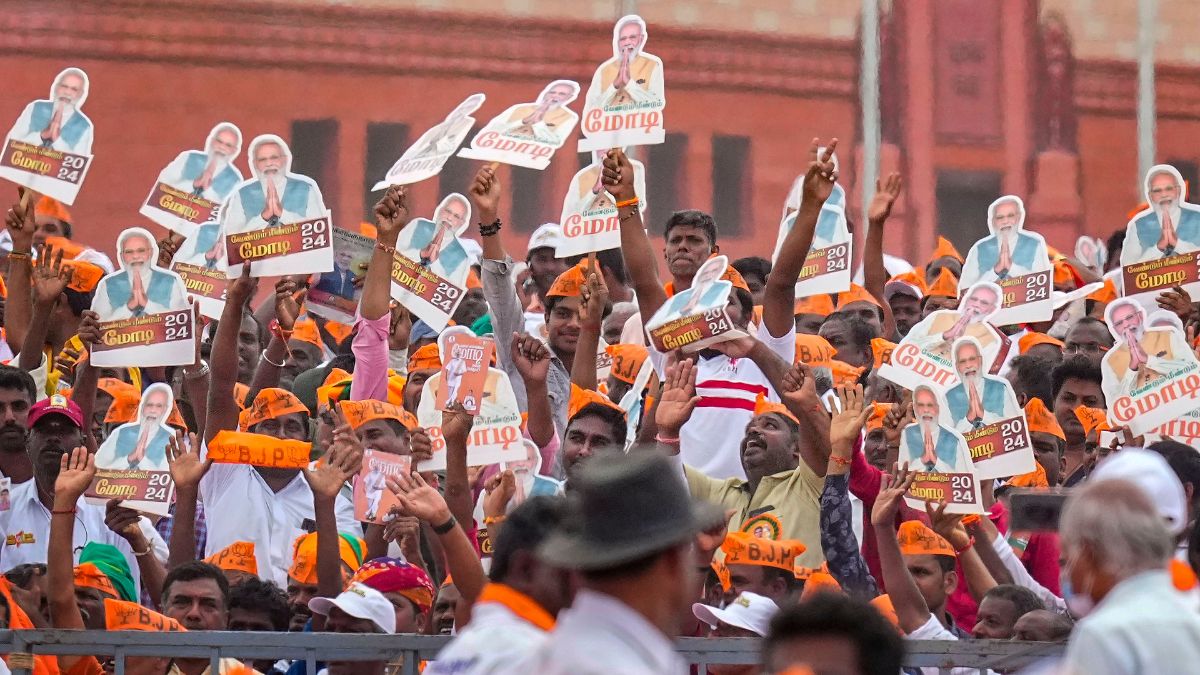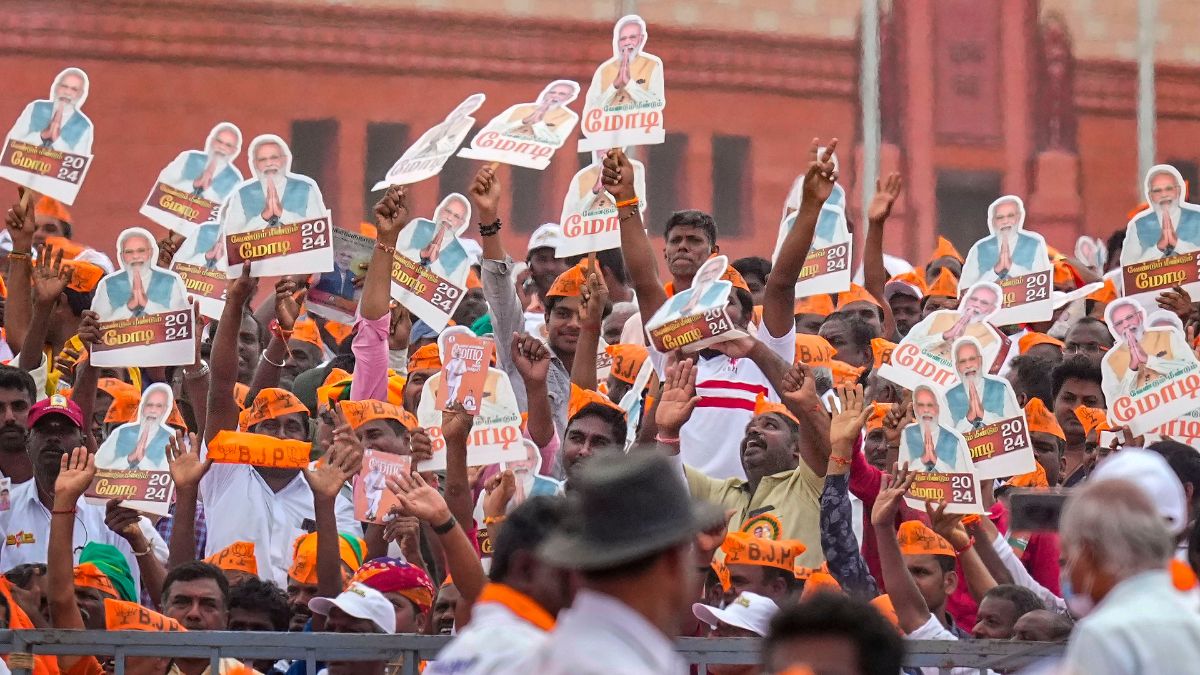India has pushed the envelope on behalf of G4 on the long pending issue of reforms in the 70-year-old United Nations and expansion of the Security Council by hosting the G4 Summit in New York after a decade.
Prime Minister Narendra Modi put forth India’s considered views on the important issue in his opening remarks wherein he underscored the need for expansion of the UNSC “within a fixed time frame”. Clearly PM Modi, like his fellow G-4 summiteers German Chancellor Angela Merkel, Japanese PM Shinzo Abe and Brazilian President Dilma Rousseff, is sensing a whale of an opportunity after the outgoing 69th UN General Assembly decided earlier this month to begin text-based negotiations on the issue.
For the first time, the issue of UN reforms and expansion of the Security Council has gone out of an informal circuit of the Security Council to a formal text-based negotiations in the 193-member General Assembly.
PM Modi cited several reasons for seeking an urgent overhaul of the UN and inclusion of G-4 nations – India, Japan, Germany and Brazil – in the UNSC as permanent members with full veto powers. The reasons he cited for seeking the changes urgently are the vastly changed political, economic, demographic, social and economic realities and a complete transformation in the peace and security issues.
Here is a relevant quote from PM Modi’s opening remarks at the G-4 summit which flags the four aspirants’ concerns on the issue: “We live in a fundamentally different world from the time the UN was born. The number of Member States has grown four-fold. Threats to peace and security have become more complex, unpredictable and . In many ways, our lives are becoming globalized, but fault-lines around our identities are growing…The global economy is changed, with new engines of growth, more widely dispersed economic power and widening wealth gap. Trends in demography, urbanization and migrations are posing new challenges. Climate change and terrorism are new concerns. Cyber and Space are entirely new frontiers of opportunities and challenges.”
PM Modi bemoaned the fact that institutions like the UN continue to reflect the wisdom of the century the world has left behind, not the century we live in.
The important thing here is that by hosting the G-4 summit in New York India has signalled its arrival on the world’s big stage. Besides, India has also managed to bring back Japan in the G-4 loop. Japan had for past few years turned cool towards the G-4. That explains why the G-4 summit is being held after a decade.
India, host of this summit, deserves credit for breathing a new lease of life in G-4 which had been moribund all these years.
At the end of the summit, the G-4 leaders issued a joint press statement wherein they stressed that a more representative, legitimate and effective Security Council is needed more than ever to address the global conflicts and crises, which had spiralled in recent years. “They shared the view that this can be achieved by reflecting the realities of the international community in the 21st century, where more Member States have the capacity and willingness to take on major responsibilities with regard to maintenance of international peace and security,”the statement said.
The four leaders demanded that UNSC reforms must be conducted urgently “in a fixed time frame”, noting with concern that no substantial progress had been made since the 2005 World Summit where all the Heads of State and Government had unanimously supported the “early reform” of the Security Council as an essential element of the overall effort to reform the United Nations.
MES spokesperson Vikas Swarup remarked thus in a statement at the end of the G-4 summit: “This was a very important summit meeting as it came in the backdrop of the recent decision of the UN General Assembly to commence on text-based negotiations. We have the text for the first time after 23 years and the leaders felt that this was a very important occasion for the international community to mobilise support and come together for the long-delayed reform of the UN Security Council. They agreed that they must push for text-based negotiations and for a concrete outcome in this 70th anniversary year of the United Nations and for this purpose they will mobilise as broad a coalition of like-minded countries as possible.”


)




)
)
)
)
)
)
)
)